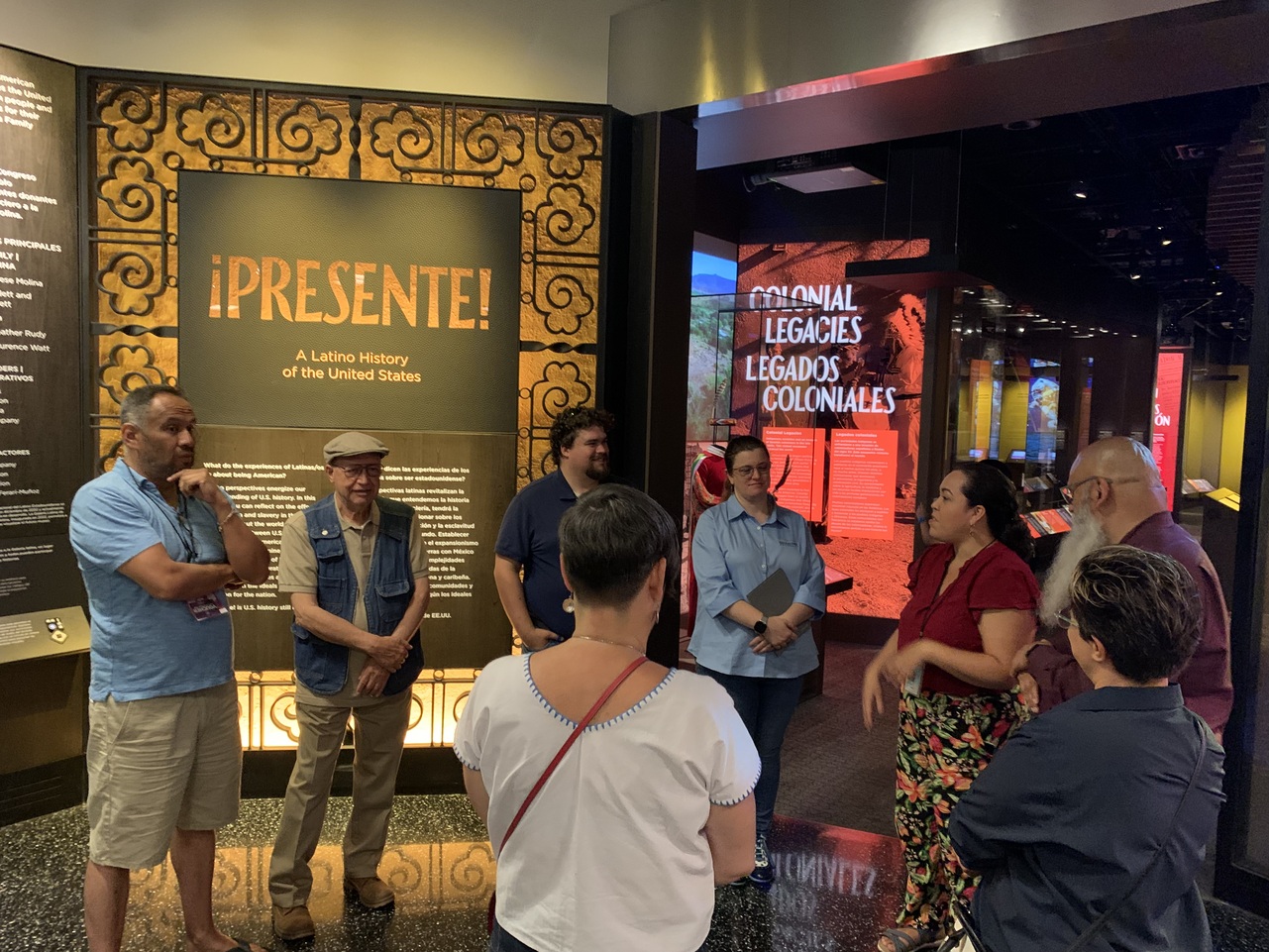
Report reminds U.S. of human rights
The United States is far from closing its chapter on human rights, according to a 2014 World Report.
Human Rights Watch highlighted the nation's discrimination against the poor, Latinos and African Americans, especially in criminal justice systems, and demanded rights for women, LGBT individuals and workers, American citizens or not.
Below are some highlights from the report.
Prisoners
The United States continues to top the world with the highest incarceration rate. More than half of states still allow the death penalty and 34 people were executed by the United States last year. Human Rights Watch emphasized racial disparities in imprisonment, citing that African Americans are four times more likely to be arrested for marijuana possession despite similar drug use across racial groups. The report attributed high incarceration to a system that disproportionately disenfranchises African Americans in areas of employment, housing, education, jury duty and voting. African Americans account for 41 percent of prisoners, despite only making up 13 percent of the population.
Poor defendants are also disadvantaged by the criminal justice system, the report found, and so are taxpayers. A total of $9 billion a year is spent to confine defendants who do not have funds to post bail.
Non-Citizen Rights
The report cited that 41 percent of all federal cases deal with immigration, and often not justly. Solitary confinement of detainees, exorbitant waiting periods for asylum and arrest without criminal behavior despite family ties are still issues in a system that violate the rights of humans.
Health Rights
Human Rights Watch outlined discrimination against low-paid workers who are not allowed paid sick or maternity leave. States that have rejected Medicaid expansion under the Affordable Care Act were found to have violated health rights of disproportionately affected African Americans, Latinos and low-income individuals.










DEJE UN COMENTARIO:
¡Únete a la discusión! Deja un comentario.